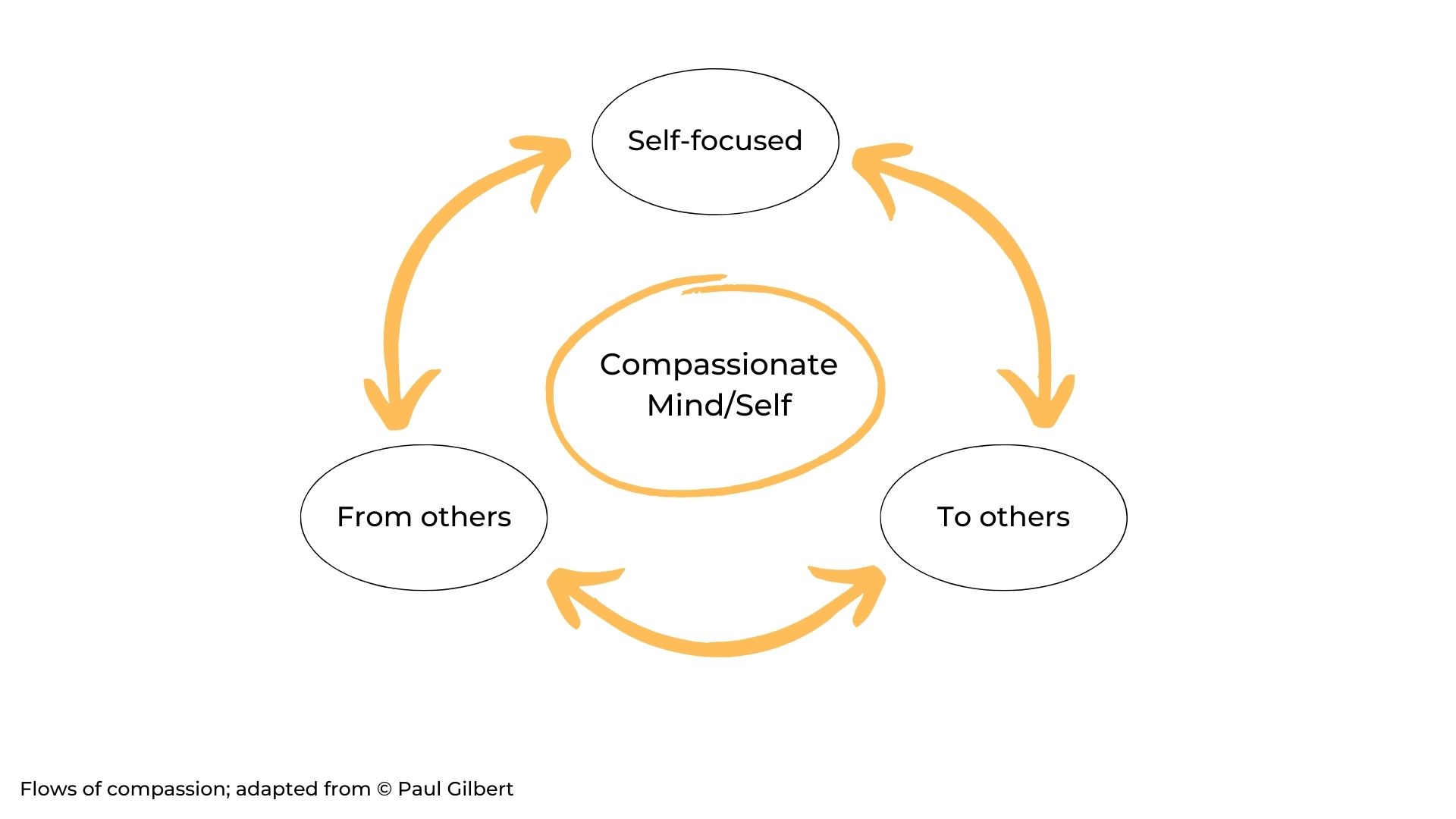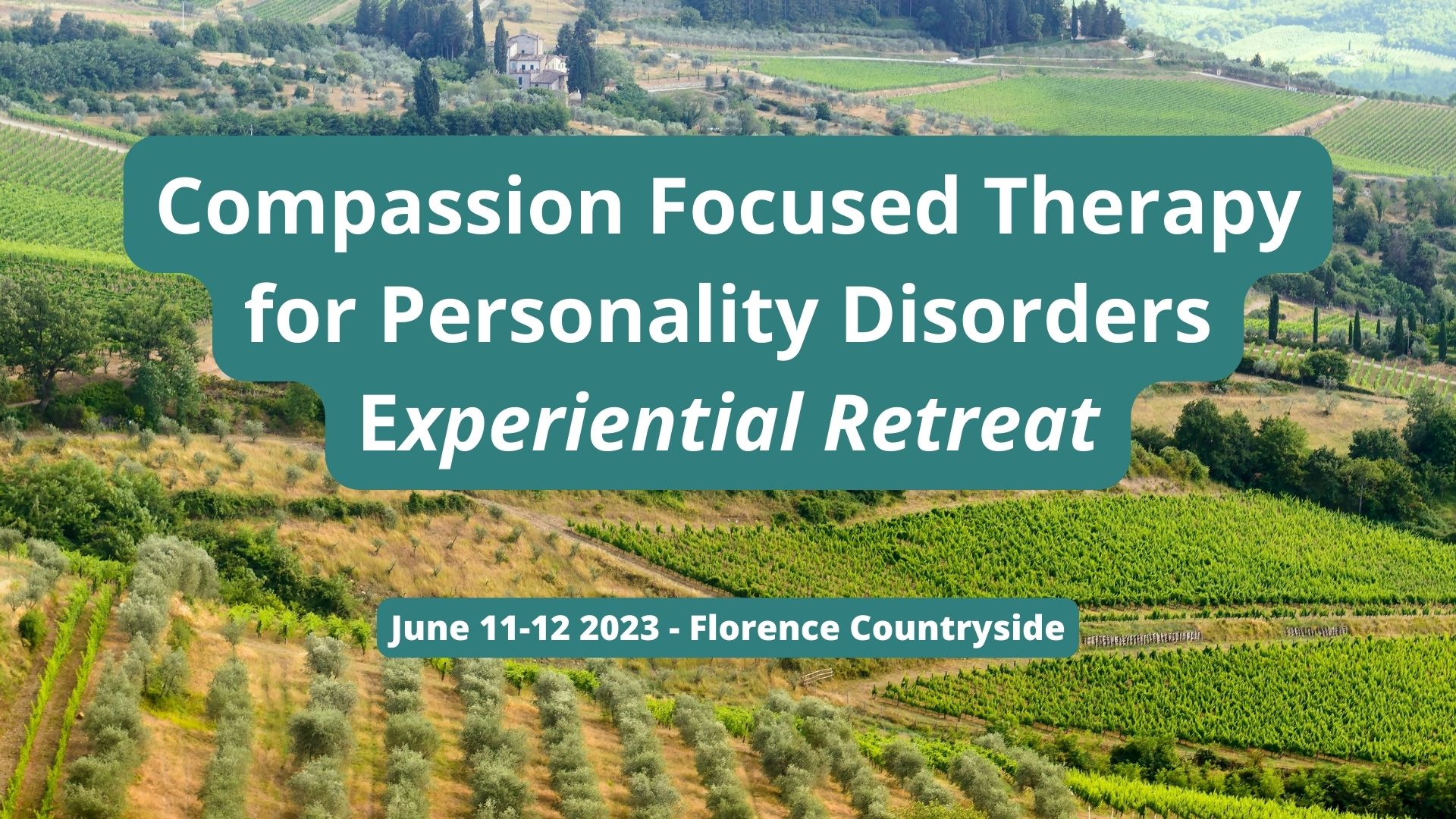In a recently published meta-analysis we discuss this question: Is Compassion Focused Therapy effective? I was part of an amazing team led by Nicola Petrocchi on this topic. We conducted a series of meta-analyses on diverse positive and negative outcomes of trials on Compassion Focused Therapy.
The main finding is that Compassion Focused Therapy is effective. We worked a lot on this study since last March to get all the information available. We tried to overcome the main limitation of this research (i.e., heterogeneity) by running several meta-analyses on a bunch of different outcomes.
More specifically, we explored effectiveness in terms of reduction of depression and self-criticism, and increase of compassion for self and others. This analyses were conducted on both clinical and non-clinical samples.
Compassion Focused Therapy resulted effective in reducing overall negative mental health outcomes (k = 32, g = 0.72, p < .0001), depression (k = 23, g = 0.49, p < .0001), self-criticism (k = 17, g = 0.40, p < .0001) and in improving compassion for self and others (k = 24, g = 0.51, p < .0001).
A summary of the study has been published by the blog of the Society of Clinical Psychology of American Psychological Association.
Petrocchi, N., Ottaviani, C., Cheli, S., Matos, M., Baldi, B., Basran, J. K., & Gilbert, P. (2023). The impact of compassion-focused therapy on positive and negative mental health outcomes: Results of a series of meta-analyses. Clinical Psychology: Science and Practice. Advance online publication. https://doi.org/10.1037/cps0000193




